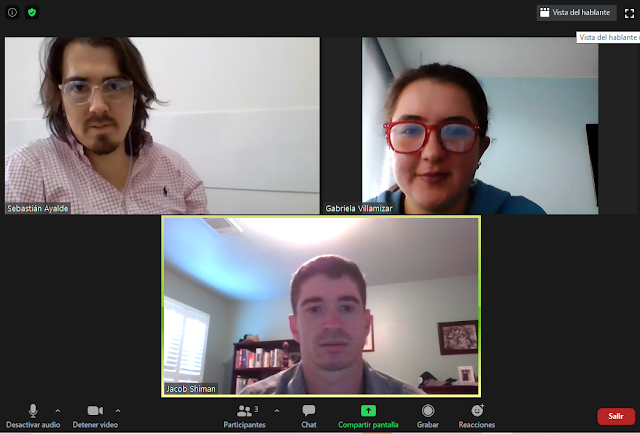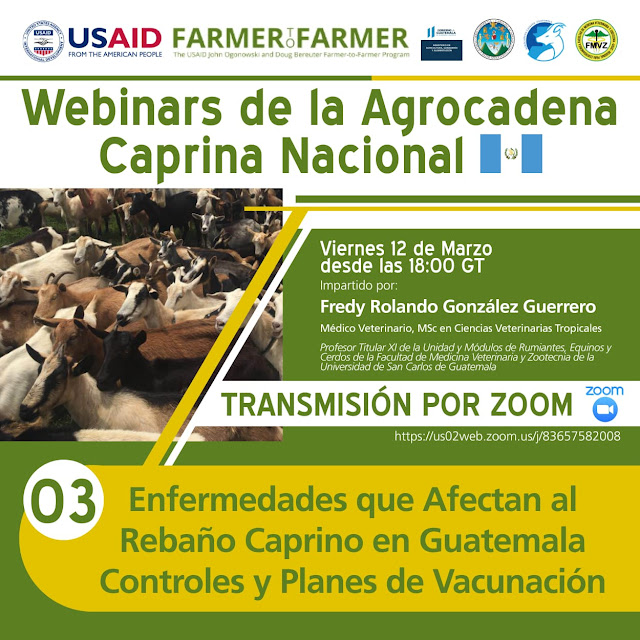Defining the Youth in Agriculture Development (YAD) Country Strategy in the Dominican Republic

Our first volunteer for the 2019-2023 F2F cycle was Melanie Forstrom! Melanie traveled to the Dominican Republic in February of 2019 to support our field office staff in defining the Youth in Agriculture Development (YAD) country project strategy that will be implemented during the cycle. Melanie has 14 years of experience in youth education and experiential learning, including work with homeless undocumented youth and alternative high school youth. She has led 4-H programs since 2011, including a public speaking training and evaluation program, and science and tech mentoring programs serving youth under-represented in science, technology, engineering, and mathematics (STEM) careers. She has served as a F2F volunteer on several occasions in the past. During the two weeks of her assignment, she gave two presentations to young farmers and met with different hosts like BANELINO , Plan Yaque , and Fundación REDDOM . Melanie gathered data through stakeholder interviews, focus groups, and d






